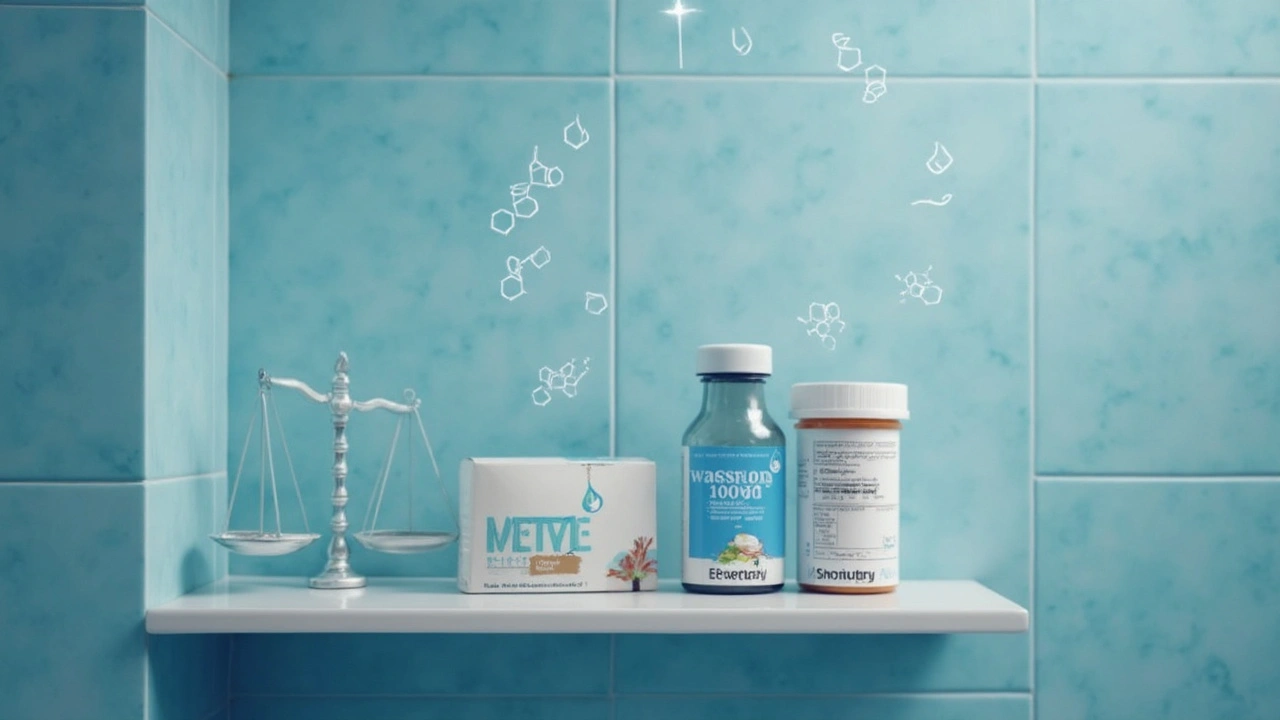Learn practical steps to control fluid retention in congestive heart failure, including diet, medication, monitoring, and common pitfalls for better daily living.
Diuretics, often called water pills, help your body get rid of extra salt and water by boosting urine production. People use them to lower high blood pressure, reduce swelling, and support kidney function. They’re common, but how they work and their effects can be a bit confusing.
Basically, these meds target your kidneys to flush out excess fluids. By doing this, they can lower the pressure on your blood vessels, making heart work easier and reducing swelling in places like your legs. Doctors often prescribe them for heart issues and conditions like hypertension or edema.
Not all diuretics are the same. There are three main types: thiazides, loop diuretics, and potassium-sparing diuretics. Thiazides are the most common for high blood pressure; loop diuretics work fast for serious swelling; potassium-sparing ones help keep potassium levels normal. Your healthcare provider picks one based on your health needs and any other medicines you’re taking.
Using diuretics safely means understanding possible side effects like dehydration, dizziness, or changes in blood minerals. It’s important to stay hydrated and have your doctor check your kidney function and electrolytes regularly. If you feel weak or notice unusual symptoms, don’t wait—reach out to your doctor for guidance.
When on diuretics, timing can matter—some find taking their pill in the morning keeps nighttime bathroom trips down. Also, keeping a balanced diet with enough potassium may prevent imbalances, especially if you’re on a type that doesn't save potassium. Always avoid skipping doses or doubling up without talking to your doctor.
If you’re curious about how these drugs interact with other medicines like blood pressure pills or steroids, be sure to discuss all your medications with your healthcare provider. This way, you stay safe and get the most benefit from your treatment.
Diuretics are a powerful tool in managing various conditions, but like any medication, they work best when you’re informed and actively involved in your care. Keep in regular contact with your doctor and ask questions to feel confident in your treatment journey.

Learn practical steps to control fluid retention in congestive heart failure, including diet, medication, monitoring, and common pitfalls for better daily living.

Curious about water pills and how they stack up against prescription Lasix? This article breaks down the key differences in potency, safety, and how they affect your body's electrolytes. Get straight facts, side-by-side comparisons, and real-world advice for anyone considering OTC or prescription diuretics. No sugar-coating, just what you need to know to manage fluid retention or swelling safely. Find out which option fits your specific needs and what to watch for so you don’t risk your health.